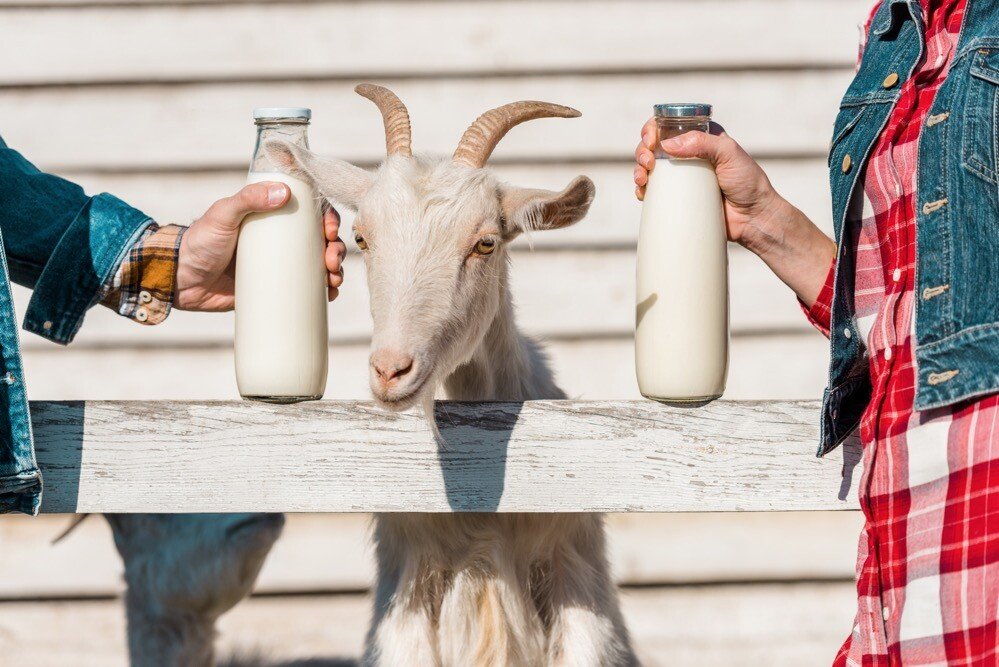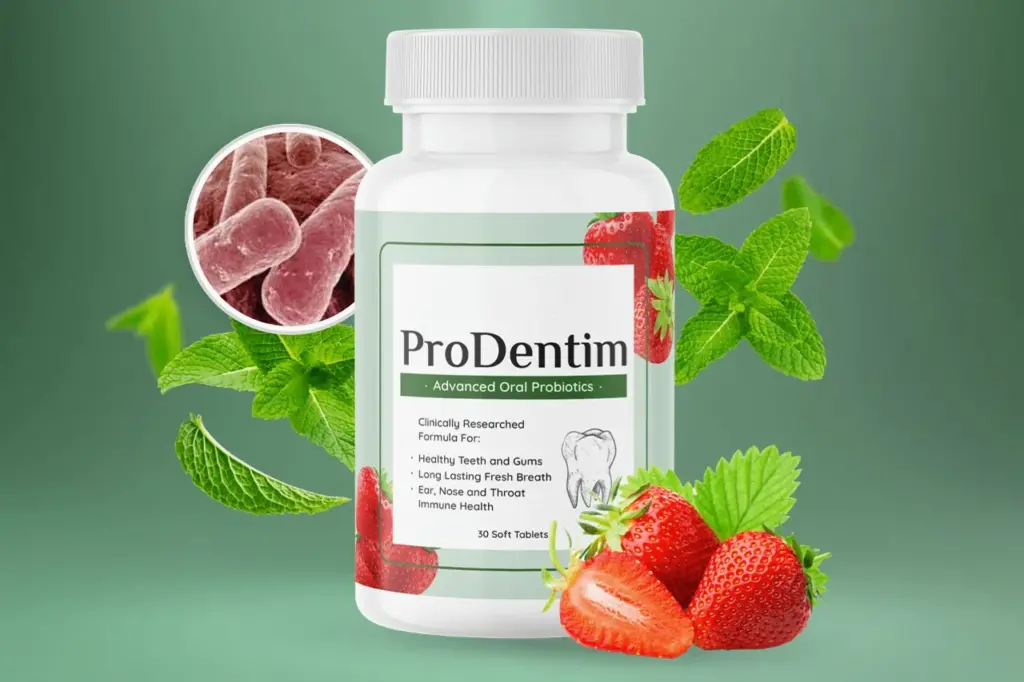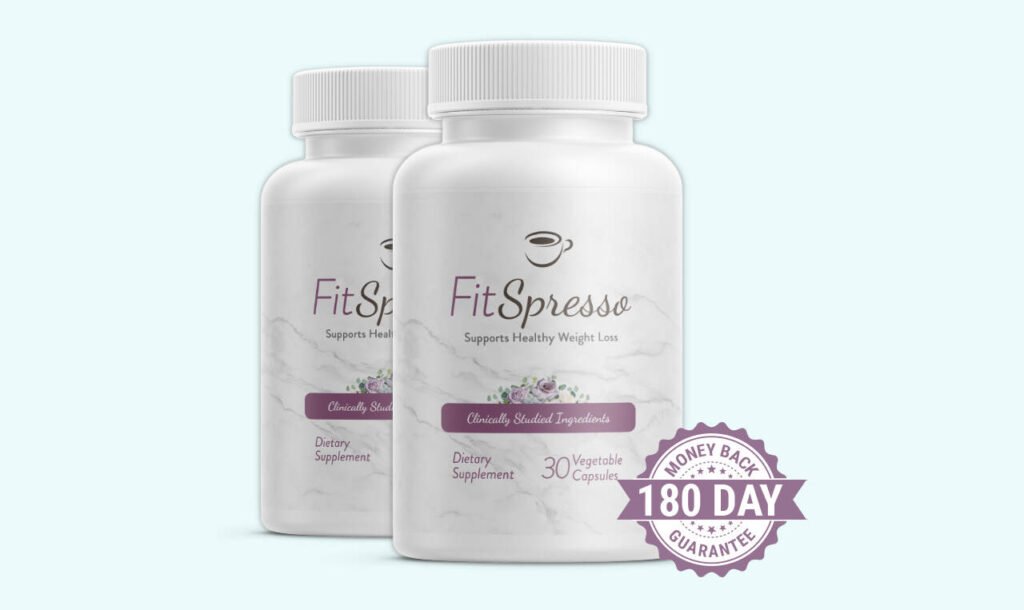For years goat milk has been seen as some exotic type of milk and consumed by people living in parts of the world that lack access to cow’s milk. However, as people’s interest in health steadily increases, so too are they becoming familiarized with the health benefits of consuming goat milk.
No longer will goat milk be viewed as a mere specialty item, and if you stop to think about it, the Western world is actually the slowest to adopt this change, since about 65% of the world’s population already drinks goat milk.
But is there any particular reason why you should choose goat milk over cow’s milk? Yes, in fact there are several benefits in consuming goat milk over cow’s milk, many of which are likely to shock you if you’ve never heard of them before. Let’s check what the major advantages of goat milk really are.
Nutrition Facts (per cup, 240ml), % RDI
Calories 168
Total Carbohydrate 11g
Total Fat 10g
Protein 9g
Vitamin A 483IU 10%
Vitamin D 29IU 7%
Thiamin 0.1mg 8%
Riboflavin 0.3mg 20%
Vitamin B6 0.1mg 6%
Pantothenic Acid 0.8mg 8%
Calcium 327mg 33%
Iron 0.1mg 1%
Magnesium 34.2mg 9%
Phosphorus 271mg 27%
Potassium 500mg 14%
Zinc 0.7mg 5%
Copper 0.1mg 6%
Selenium 3.4mcg 5%
9 Amazing Benefits & Uses of Goat Milk

1. It Contains Less Lactose
To be clear, no animal milk is completely devoid of lactose. However, people with lactose intolerance know too well how distressing it can be to consume cow’s milk because of the intestinal discomfort it causes.
Even though goat milk is still likely to cause a problem if you are highly lactose intolerant, the fact of the matter is the actual amount of lactose found in goat’s milk is significantly less than that found in cow’s milk.
What does this mean for you? It means that you are less likely to have digestive issues after consuming goat milk, since the little lactose is more likely to be broken down efficiently.
2. Goat Milk Is More Calorie Dense
Since when is being more calorie dense a good thing? Well, it actually depends on your goal. Some people and cultures consume milk as an adjuvant to assist with the meeting of nutritional requirements, or to support growth in children. Owing to the difficulty of obtaining powdered formula, goat’s milk may be very helpful in helping these individuals meet their requirements.
3. Goats Milk Is Less Allergenic
While lactose intolerance is considered a type of allergy, it actually is not, but rather represents the lack of a specific enzyme that promotes the breakdown of this sugar. A milk allergy is completely different, since it usually involves that individual being particularly sensitive to a specific protein or amino acid sequence found within the milk.
As it turns out, milk obtained from cows is the number one source of allergies in children, especially owing to the fact that there are approximately 20 different types of allergies that can arise from this milk type.
Goat milk on the other hand much less likely to result in allergies and subsequent inflammation.
Parents that unknowingly continue to give the child cow’s milk may be worsening inflammatory damage as a result of the allergy, predisposing the child to serious conditions such as irritable bowel syndrome, colitis or even autoimmune diseases such as asthma or eczema later in life.
4. Goats Milk Is A Rich(er) Source Of Calcium
For many, cow’s milk is viewed as a gold standard for calcium sources, when in reality there are any foods that are much better sources of this mineral. When it comes goat’s milk, this is also true since per cup up it delivers about 33% of your recommended daily intake of this mineral, against 28% supplied from cow’s milk.
If you think you may not be meeting your daily calcium requirements, switching things up and consuming more goat milk can actually make it easier for you to meet your goals.
5. Helps Support Heart Health
There has been a misconception circling society for years that all fat is bad for you. This is absolutely not true, and more often refers to processed fats, or consumption of high amounts of saturated fats.
Goat’s milk is actually a rich source of medium chain fatty acids, which are not typically stored as body fat, but rather are converted to energy. By making better fat choices, it decreases the amount of cholesterol being stored from diet, leading to a net decrease in serum levels.
In turn, this also reduces heart disease risk, and regular consumption of goat milk can even positively benefit HDL levels.
6. Goats Milk Is Better Absorbed
In addition to being rich source of several important minerals such as calcium, magnesium and phosphorus, as a whole goats milk is more readily absorbed than cow’s milk. The greater bioavailability of the minerals means that the likelihood of a deficiency opening up is much less.
Goats milk also contains iron, which can help alleviate or prevent anemia, which can adversely affect several aspects of overall health.
7. Great Source Of Protein
On average, one glass of cow’s milk supplies approximately 8 g of protein, which is decent. However, goats milk actually one ups cow’s milk by delivering 9 g of protein per glass, which coupled with its higher fat and overall calorie density lends itself perfectly as growth fuel.
A couple of decades ago, bodybuilders would routinely consume 1 gallon of milk and more per day in order to meet the gargantuan calorie requirements muscles need for growth. Switching things up today with goat’s milk can actually help with body recomposition and leave you healthier to boot.
8. Helps Supports Skin Health
While you are probably thinking of only consuming goat’s milk, many cultures actually apply the milk directly to skin for its amazing benefits.
From the inside, the many vitamins possessed by goats milk help to reinforce the structural barrier of skin, assisting with moisture retention.
Applied to the skin, it exerts antibacterial properties and can balance pH to prevent bacterial overgrowth. The milk also contains lactic acid which is effective at helping to remove dead skin cells and also improving your complexion.
Just be sure to wash off the milk in a timely manner as you do not want it to go rancid and end up inadvertently harboring bacteria.
9. Supports Healthy Pregnancy
The requirements for calcium are significantly increased during pregnancy. In the event that a mother does not consume enough calcium, the unborn child leaches it from the mother’s bones in order to meet the required quota. This is very bad news for the mom, as her bones will now be compromised and be more prone to developing fractures or even osteoporosis in her later years.
This is why it is very important to increase your calcium intake, using goat milk as one of your primary sources. The conjugated linoleic acid it possesses also help support healthy brain development of the unborn child, coupled with consumption of sufficient dietary folates, and neural tube disorders are all but completely avoided.
Conclusion
After reading this through, we are optimistic that you will try goat’s milk. Its affordability is superior to that of cow’s milk, meaning that even if you are on a strict budget, switching to goats milk will not put you out of pocket.
If you insist, feel free to combine both types. The nutritional powerhouse that is goat’s milk will only grow in popularity in the coming years, so don’t be left behind.
References:
[james]https://nutritiondata.self.com/facts/dairy-and-egg-products/94/2
https://draxe.com/nutrition/article/goat-milk/
https://www.healthline.com/health/benefits-of-goat-milk#13[/james]

